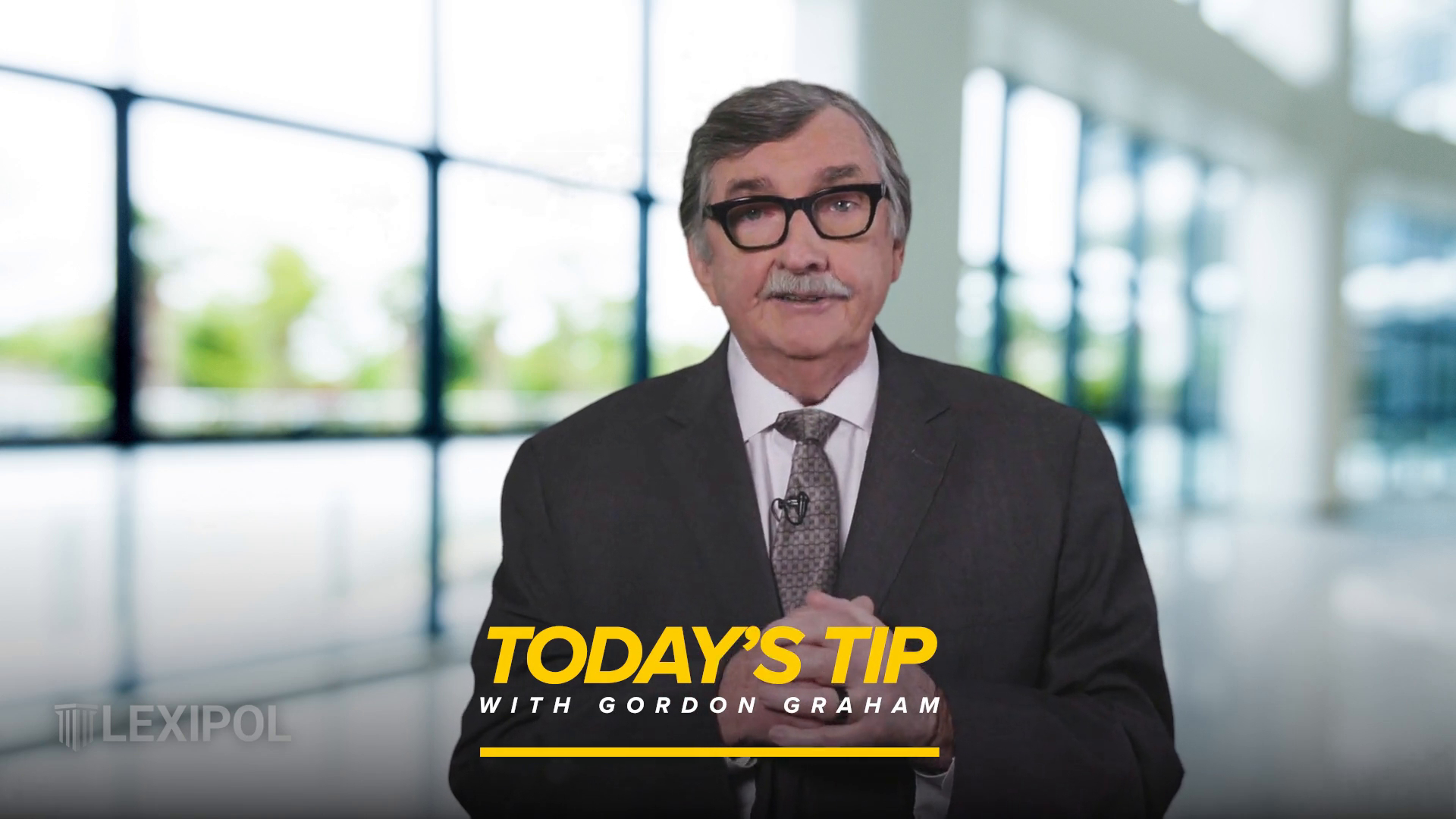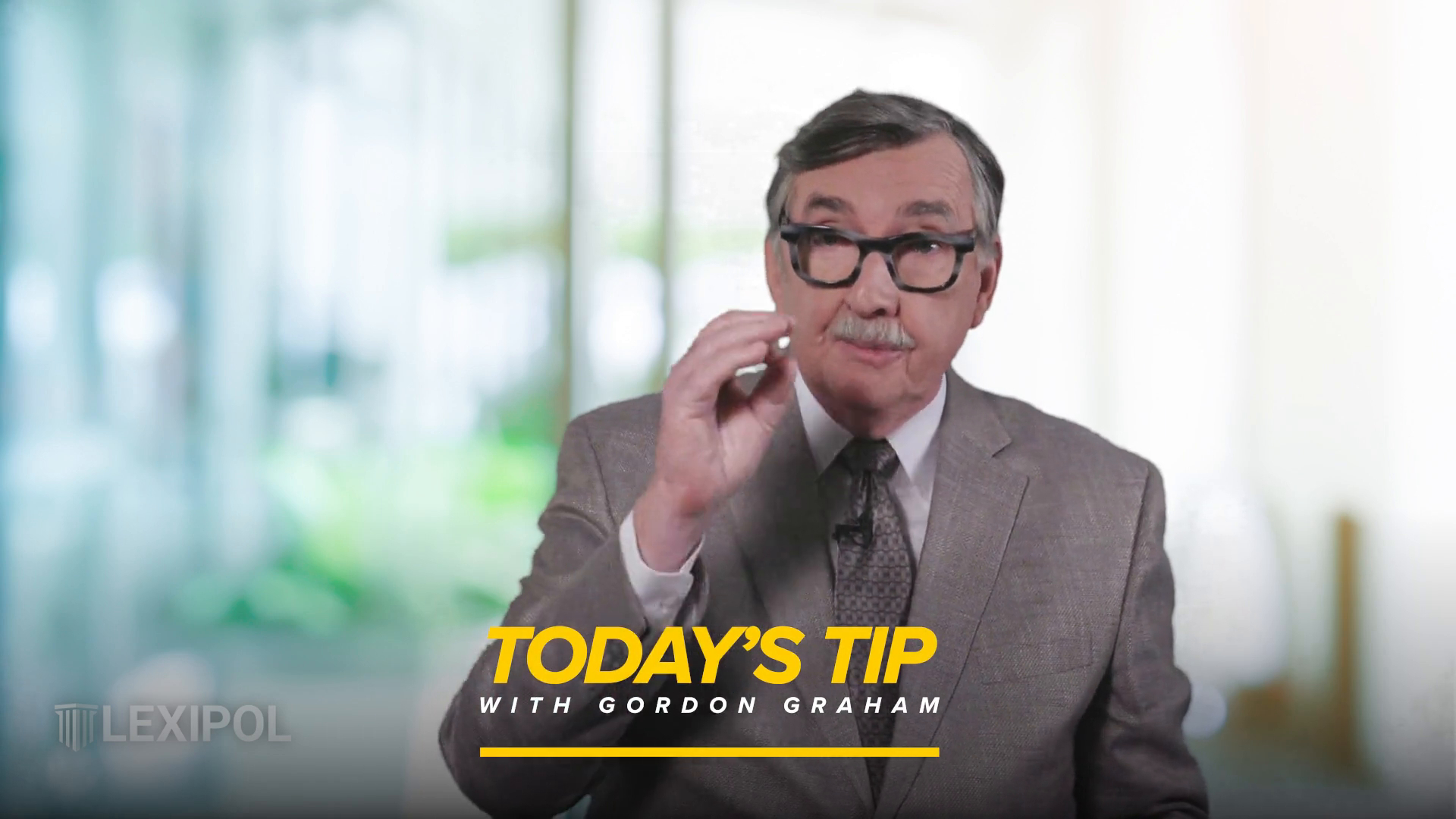Overcoming the Mental Health Stigma in Public Safety
Category: Public Safety
Gordon Graham here with Today’s Tip from Lexipol. Today’s Tip is for all my friends in public safety.
It’s no secret those of us in law enforcement, fire and EMS, corrections, and 9-1-1 dispatch have witnessed unthinkable tragedies in the line of duty. Continued exposure to these stressful and traumatic situations can lead us to experience depression, anxiety, and PTSD.
I’m asking you and each of you to commit to making the behavioral health of your partner, shift mates, and crews a priority.
As with physical illnesses, these behavioral conditions get worse if they are ignored. Early intervention, and hear this loud and clear, is key, particularly for PTSD. The sooner treatment begins, the better the results.
Unfortunately, statistics show that many public safety personnel fear the stigma of accessing behavioral health services. We fail to ask for help because we’re anxious our partners or crew mates will treat us differently or perceive us as weak. We worry about our reputations. We worry about embarrassment. In short, we avoid seeking help because we are concerned about confidentiality. “If I get help, everyone will know.”
But failing to address behavioral health issues itself is a cancer. Without treatment, my friends, the consequences can include serious mistakes on the job, family crisis, substance abuse, depression, anxiety, and sadly, even suicide.
In fact, the stigma attached to seeking mental health services is shown to be a factor in the high rate of suicide among our brothers and sisters in public safety operations.
So what can we do? Let’s work everyday to erase the fear of seeking behavioral help. Let’s make it a stigma to not seek help. I’m asking you and each of you to commit to making the behavioral health of your partner, shift mates, and crews a priority. Just like you watch out for each other in the field, make sure you’ve got everyone’s back when it comes to recognizing and addressing potential behavioral health issues.
What other practical steps can you take to make a difference? First, take care of your own behavioral health. Second, offer empathy and support to your brothers and sisters. Third, support and use your agency’s behavioral health assistance program. Fourth, join peer support groups in your agency, organized labor local, or community groups. And, finally, support fellow first responders who seek treatment, and encourage those who are struggling to get help.
Behavioral health is an important component of overall health. Let’s work together to reduce the stigma and save lives!
In closing, I have a dear friend, Dr. David Black, who started a wellness solution for first responders called Cordico. If you’re not familiar, please take a look at the Cordico website. He and I are long-time friends and we have often taught first responders together. And I am proud that the Cordico wellness solution is now part of Lexipol.
And that’s Today’s Tip from Lexipol. Gordon Graham, signing off.





